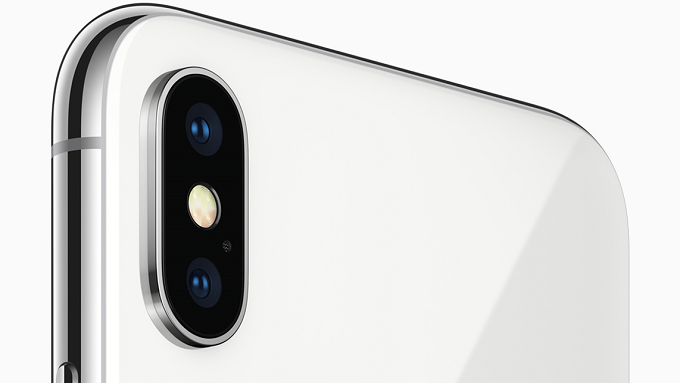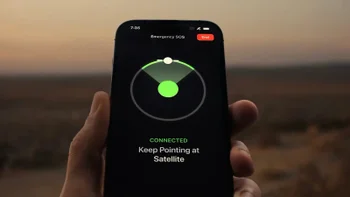Apple sued for patent infringement over iPhone X camera and Do Not Disturb While Driving

Apple has been hit with not one, but two separate patent infringement suits. One is related to the dual camera setup on the back of several models including the Apple iPhone X. The second deals with Apple's Do Not Disturb While Driving feature, which prevents texts, notifications and other messages from making it through to an iPhone when its owner is behind the wheel. We have the actual court filings from both suits which we've embedded below.
The patent infringement suit dealing with the iPhone X camera was filed in Northern California District Court against Apple, by Corephotonics. This is a camera company based in Israel that accuses Apple of infringing on two of its patents dealing with "Miniature Telephoto Lens Assembly." The suit alleges that Apple infringed on both patents with the iPhone 7 Plus, iPhone 8 Plus, and iPhone X, which are the models that are equipped with a dual camera setup.
The filing notes that Corephotonics dual aperture camera technology creates a miniature telephoto lens that fits into a smartphone camera module and still provides the quality and light sensitivity demanded by smartphone consumers. Instead of using a digital zoom that offers poor resolution, Corephotonics technology uses both cameras on the back of a phone to create a combination of digital and optical zoom thanks to the use of algorithms. This provides a stronger magnification without degrading the image.
Apple first showed interest in the patents back in 2012, and in June 2014 it supposedly met in Tel Aviv with the company in order to license the patents. Apple requested a prototype to examine. Talks then broke off, resumed two years later, but again discussions came to an end without a licensing agreement.
The company seeks damages (it claims that Apple willfully infringed on its patents and requests "enhanced damages"), a permanent injunction against Apple and court costs.
The second suit was filed in Eastern Texas District Court by a company named Allied Signal, which was assigned the four patents that Apple is accused of infringing. They deal with a system that is enabled when the velocity of a handset matches the speed of an automobile in motion. When enabled, the system blocks message alerts from going off on the phone although messages marked "Urgent" can be allowed to set off the alert. The system can also be used to block calls unless the caller is on the user's contacts list, or the same caller makes two calls to the phone in a very short period of time (which could signify that the call is about an "urgent" matter).
Allied Signal seeks damages, pre and post-judgment interest, attorney and court costs. Interestingly, Allied Signal used three of these four patents to file an infringement suit against AT&T back in 2015. Two months after filing the suit, Allied Signal withdrew the complaint.


source: Scribd (1), (2) via AppleInsider
> >
The company seeks damages (it claims that Apple willfully infringed on its patents and requests "enhanced damages"), a permanent injunction against Apple and court costs.
The second suit was filed in Eastern Texas District Court by a company named Allied Signal, which was assigned the four patents that Apple is accused of infringing. They deal with a system that is enabled when the velocity of a handset matches the speed of an automobile in motion. When enabled, the system blocks message alerts from going off on the phone although messages marked "Urgent" can be allowed to set off the alert. The system can also be used to block calls unless the caller is on the user's contacts list, or the same caller makes two calls to the phone in a very short period of time (which could signify that the call is about an "urgent" matter).
Allied Signal claims that Apple has infringed the four patents with its Do Not Disturb While Driving feature which blocks notifications and texts if an iPhone senses driving motion. A text marked "urgent" will go through. Calls are blocked except if the caller is from the user's "Favorites" list, or if the same person calls twice in a row. Apple launched this with the release of iOS 11 in September 2017.
Allied Signal seeks damages, pre and post-judgment interest, attorney and court costs. Interestingly, Allied Signal used three of these four patents to file an infringement suit against AT&T back in 2015. Two months after filing the suit, Allied Signal withdrew the complaint.


source: Scribd (1), (2) via AppleInsider
> >
Follow us on Google News













Things that are NOT allowed:
To help keep our community safe and free from spam, we apply temporary limits to newly created accounts: